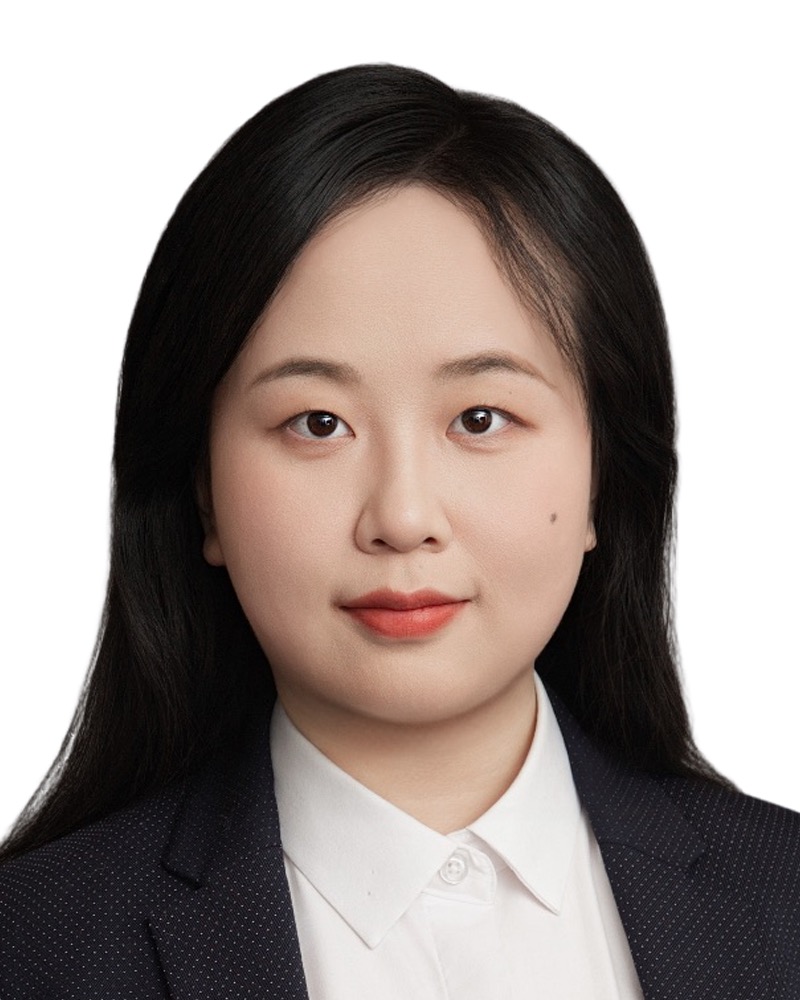Yixin Guo (郭怡鑫)

Dr. Guo joined the Earth, Ocean and Atmospheric Sciences Thrust at the Hongkong University of Science and Technology (Guangzhou) as an assistant professor in March 2024.
She earned a Ph.D. in the Science, Technology and Environmental Policy cluster of the Princeton School of Public and International Affairs (formerly the Woodrow Wilson School of Public and International Affairs) at Princeton University in January 2020, advised by Prof. Denise L. Mauzerall. Her dissertation explored the potential of improving agricultural nitrogen use and food consumption practices in China for clean air, public health, resource saving and climate change mitigation. After that, Dr. Guo worked as a postdoc at Princeton University and then as a joint postdoc between Peking University (PKU) and International Institute of Applied System Analyses (IIASA), advised by Prof. Denise L. Mauzerall, Prof. Lin Zhang, Prof. Wilfried Winiwarter and Prof. Petr Havlik. She has a M.A. in public policy from Princeton University, a B.S. in atmospheric and oceanic sciences from Peking University. She also has worked as a volunteer for the Nature Conservancy’s Beijing Office and a short-term consultant for the World Bank.
Dr. Guo published first-authored papers on high profile journals including ES&T, One Earth, Science Advances and Nature Food, and co-authored papers on Nature Communications, Nature Food, Nature Geoscience, Science Bulletin, PNAS, etc. She received the Green Talent award from the Germany Ministry of Education for her innovative research that bridges the gap between air quality and agricultural research. Her research has been awarded year 2021 and 2023 Top 10 Scientific Achievements in Biogeochemical Nitrogen Cycles by the nitrogen working group of Soil Science Society of China. She was invited to present at the American Geophysical Union Conference and Asia Oceania Geophysical Society conference.
Dr. Guo is committed to delivering innovative research that can inform environmental policymaking and bridge the gaps between multiple disciplines. She collaborates broadly with agronomists, atmospheric scientists, public health researchers, and environmental economists. She uses both quantitative (air quality modeling, integrated assessment, cost-benefit analysis and public health analysis) and qualitative research methods (interviews, surveys and scenario analysis).
